LFP Elements at $45 per kWh: Battery Price Drop Exceeded All Forecasts
The electric vehicle industry is experiencing a significant milestone: lithium battery prices have plummeted at a rate not even predicted by the most optimistic analysts.
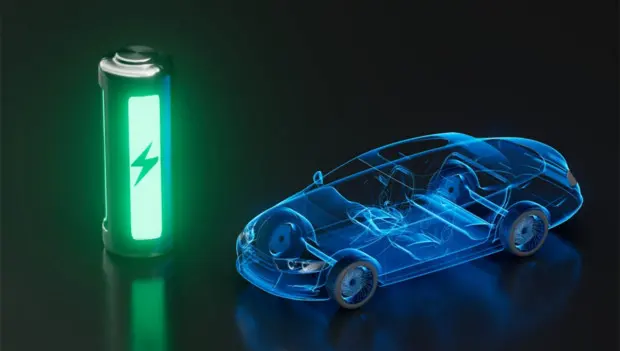
Battery prices for electric vehicles have reached a historic low, ushering in a new era of increasingly affordable mobility. China, lithium, and overproduction — these are the key factors of this pivotal moment in the industry that accelerated the decline in battery costs.
The electric vehicle industry is experiencing a significant milestone: lithium battery prices have plummeted at a rate not even predicted by the most optimistic analysts. The cost decline has been so sharp that offers have already appeared below $50 per kWh — a psychological mark, the overcoming of which, experts suggest, opens the way to the mass adoption of electric vehicles.
In September last year, the average price of car batteries was $66.5 per kWh, so the decline over the year was almost 20%. This is no longer a gradual price reduction, but a free fall that caught the industry by surprise.
LFP (lithium iron phosphate) batteries, which are becoming increasingly common, have already broken the $60/kWh barrier, and in some cases, prices have reached $45. This is not about theoretical calculations, but real market prices, which fuels interest in both the mobility sector and stationary energy storage systems.
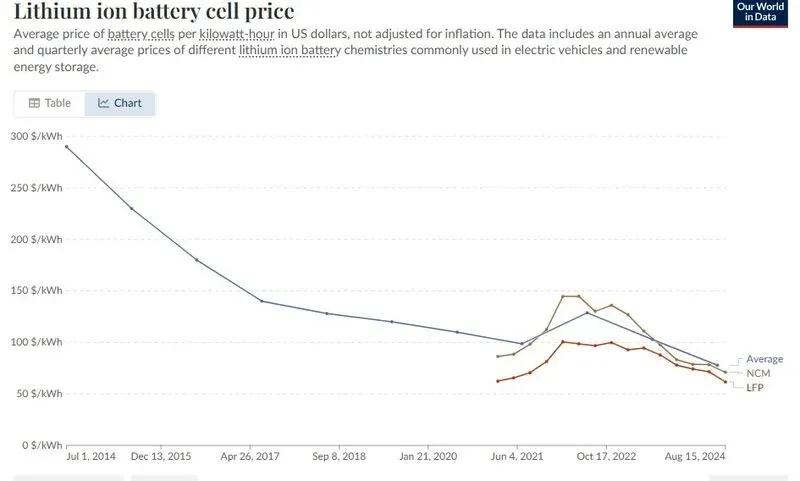
What caused such a sharp decline? The main trigger was the collapse of lithium carbonate prices — a key raw material that now costs the same as four years ago, before the electric vehicle "boom". A clear example is China: government subsidies spurred a rapid increase in production, leading to overproduction and excess supply. In a saturated market, manufacturers were forced to lower prices to maintain competitiveness.
This new situation is already having a real impact on popular electric vehicles. For instance, a 60 kWh LFP battery now costs around $3,600. Considering that the battery is the most expensive component of an electric vehicle, such a price reduction may become a turning point and make electric vehicles cheaper than internal combustion engine models.
Meanwhile, despite falling prices, demand continues to grow. Companies worldwide are actively competing for access to new lithium sources. In Chile, plans are underway to double production in the next decade, and mining giant Rio Tinto recently spent $6.7 billion on acquiring Arcadium Lithium — all of this confirms that "white gold" remains a strategic resource.
In parallel, the European Union is introducing new duties to protect its industry from an influx of Chinese models. Among the measures are an additional 9% tax on certain cars and tariffs ranging from 17% to 36.3% depending on the manufacturer. This clearly shows that the electric vehicle has already become part of geopolitical games.
Nonetheless, no one can guarantee that low prices will last for long. The market remains volatile, and the battle for strategic raw materials may lead to a new spike in prices for those manufacturers who have not secured long-term contracts.
Conclusion: we stand on the brink of a breakthrough where the key component of an electric vehicle — the battery — is experiencing a significant cost reduction, along with technical progress: increasingly high energy density and better resistance to fast charging.
You may also be interested in the news:
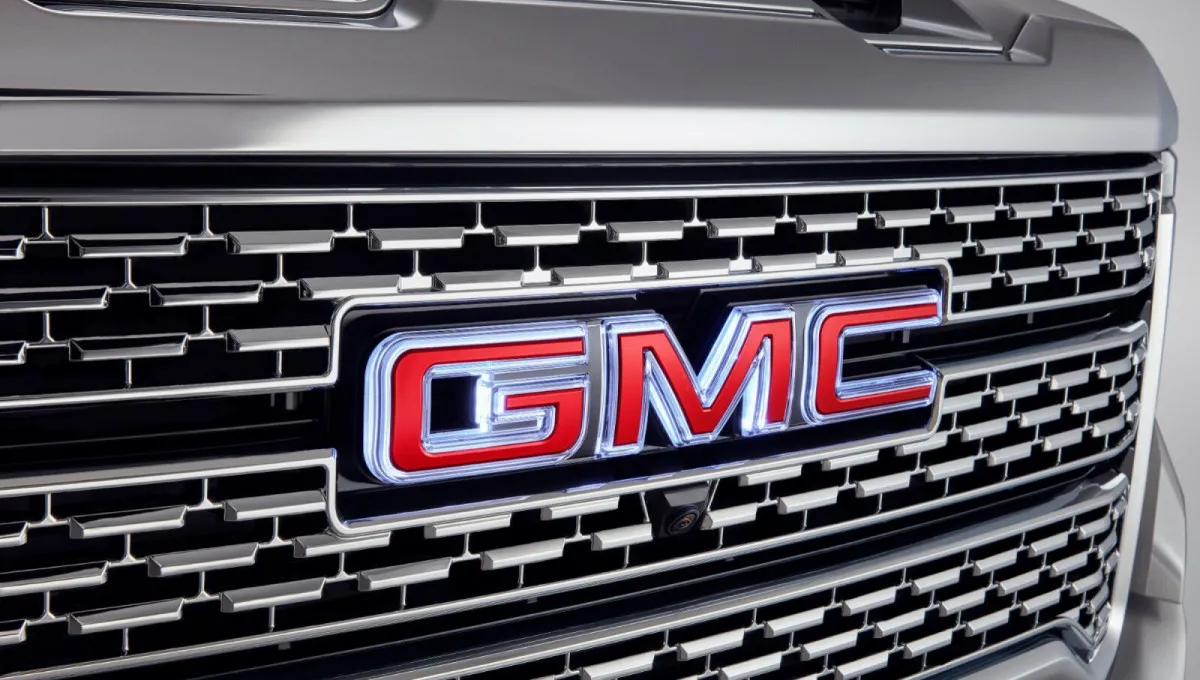
General Motors Bets Big on Pickups With Millions in New Investment
Bigger, newer, and more powerful: General Motors is ramping up investment in pickup truck production. Here’s what we know so far about the company’s plans.
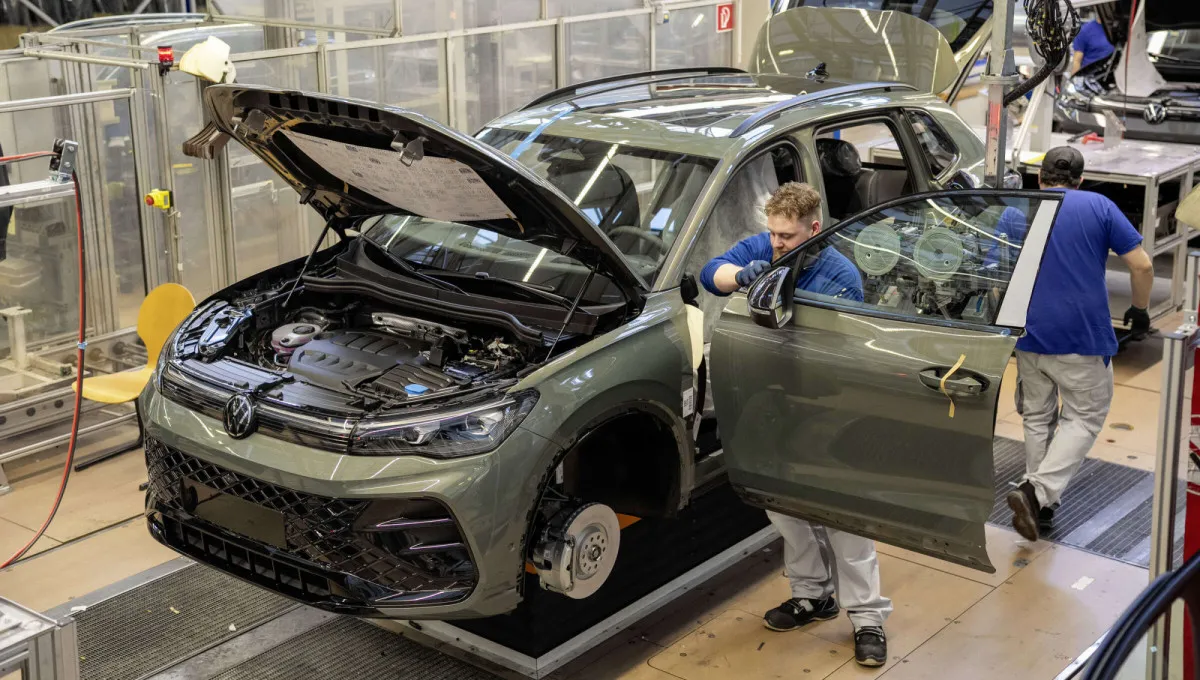
Volkswagen Group May Continue Job Cuts: Press Office Hints at Impact of U.S. Tariffs
Details of the new cost-cutting strategy have not yet been disclosed.
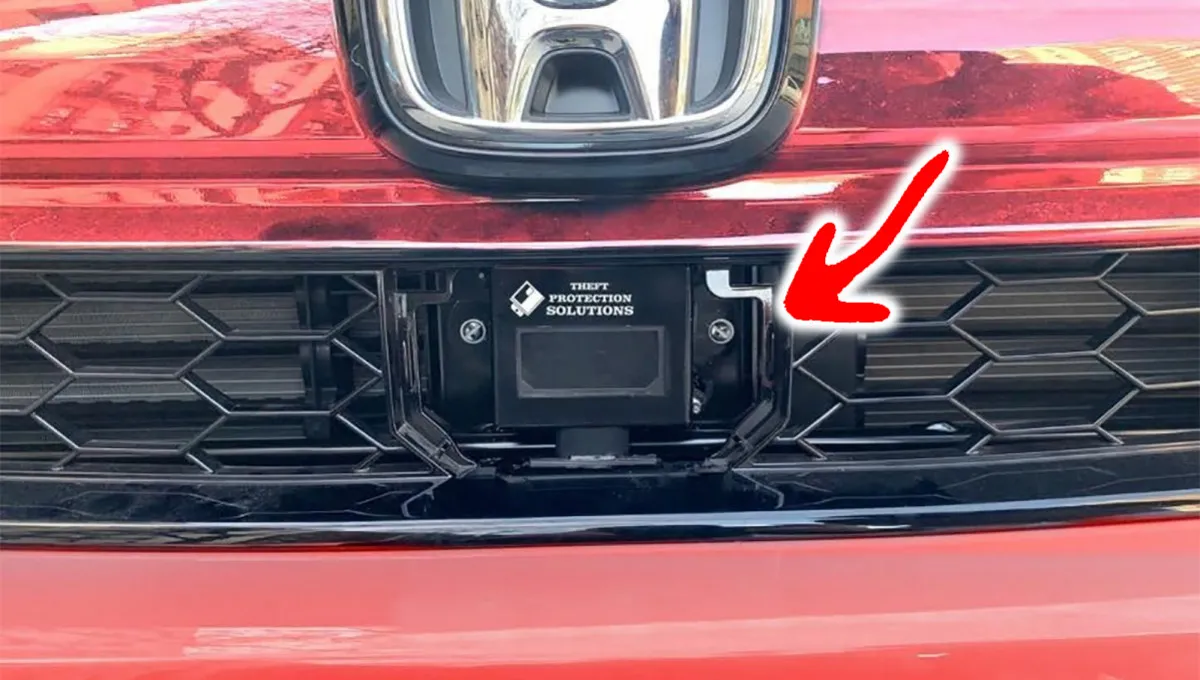
Wave of Radar Sensor Thefts Hits the U.S.: Honda and Mercedes Owners Warned About New Scheme
Not long ago, Americans were dealing with widespread catalytic converter thefts targeting vehicles parked right on public streets.
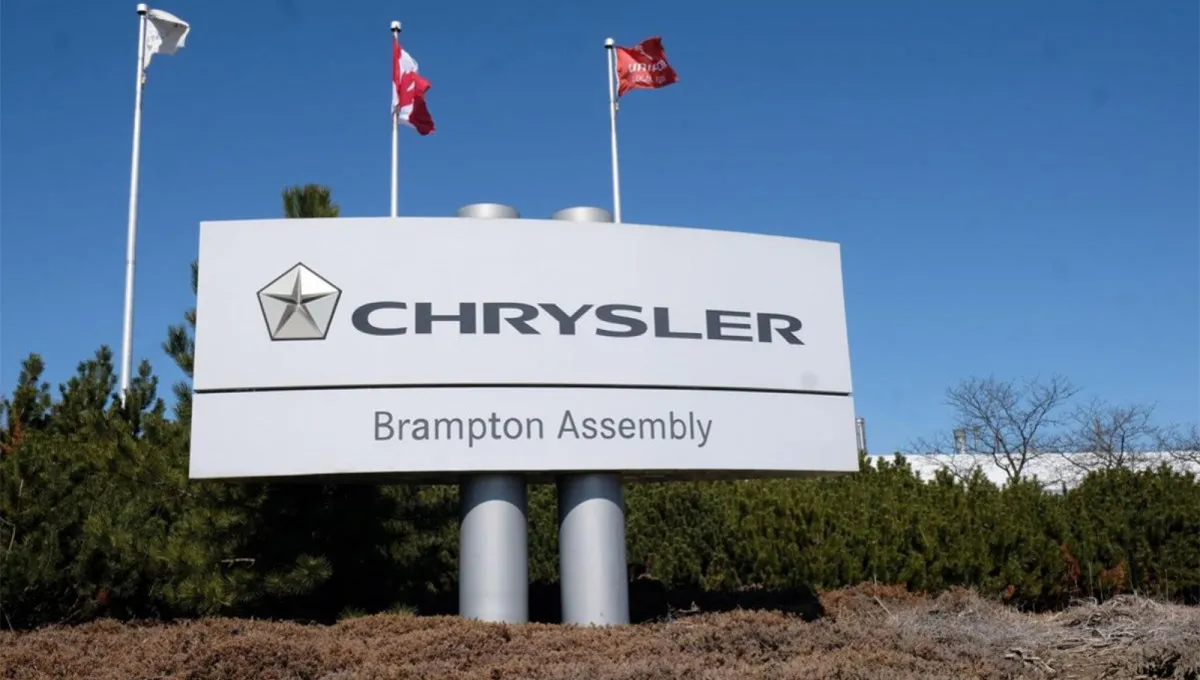
Stellantis Won’t Abandon Brampton Plant but Moves Jeep Compass Production to the U.S.
The next-generation Compass was originally expected to roll off the assembly line in Ontario.
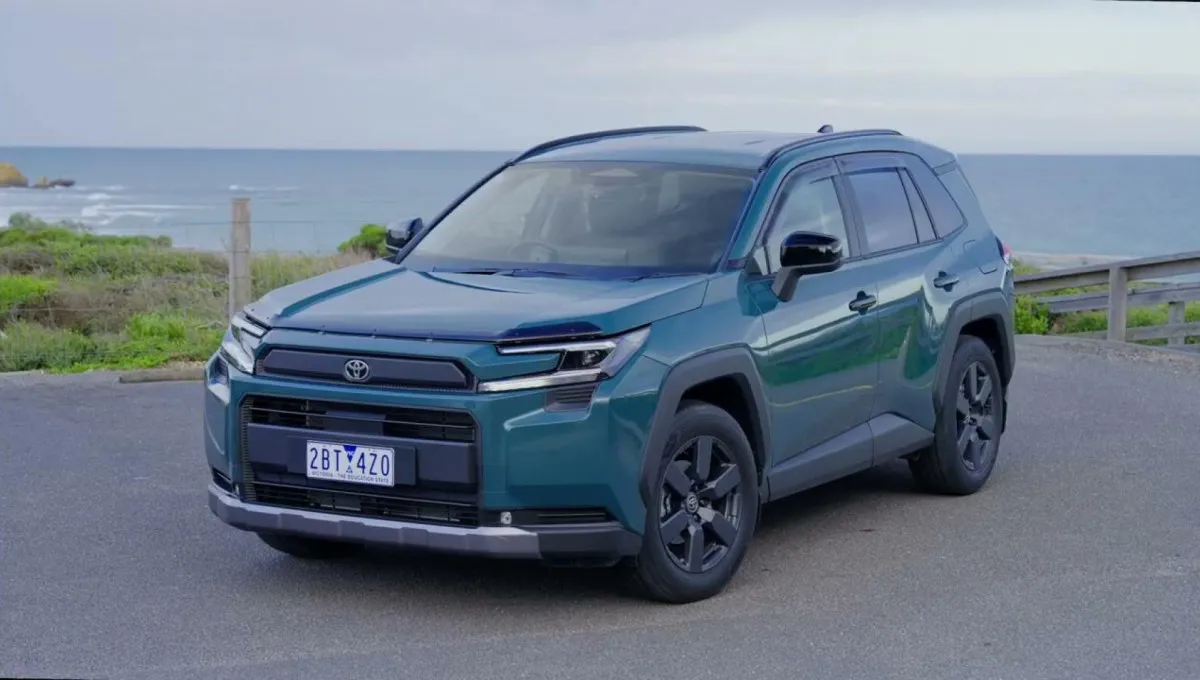
Toyota RAV4 2026 Production Begins in Canada for the U.S.: Crossover Goes Hybrid-Only in North America
Assembly is ramping up at the Woodstock, Ontario plant, with crossovers destined for U.S. customers.